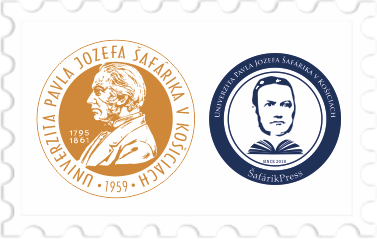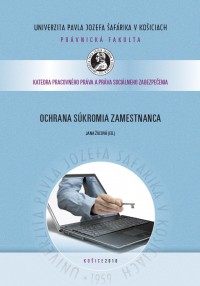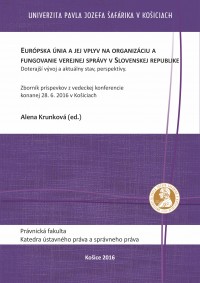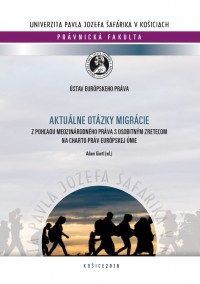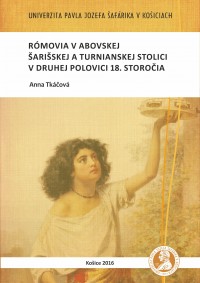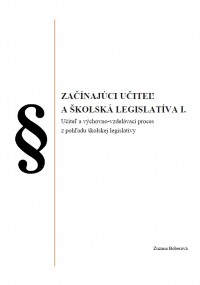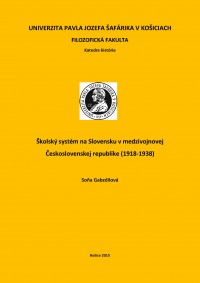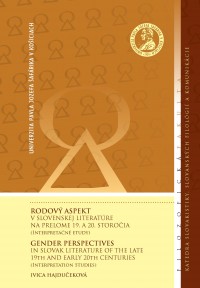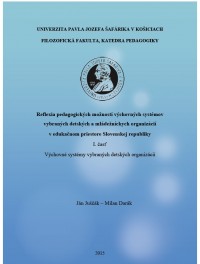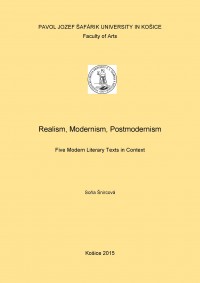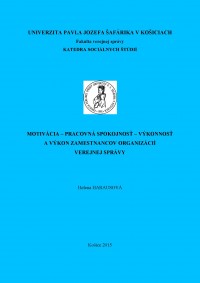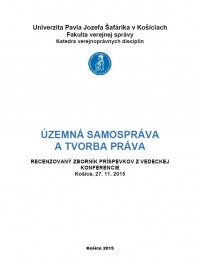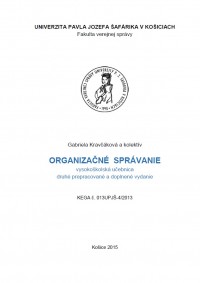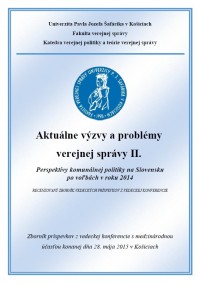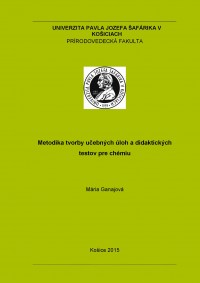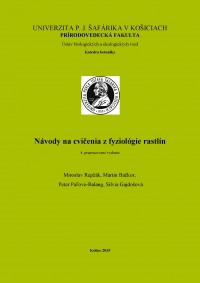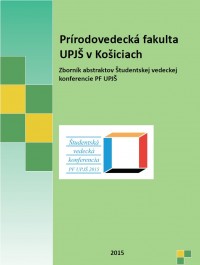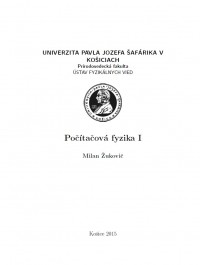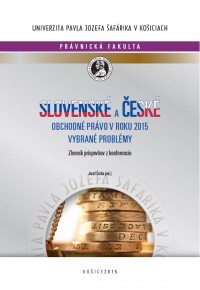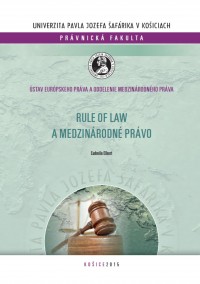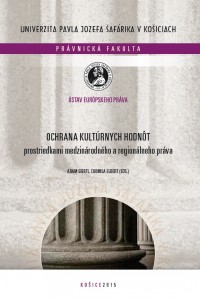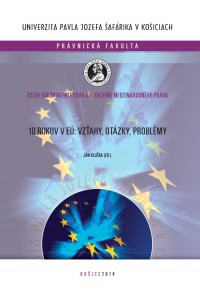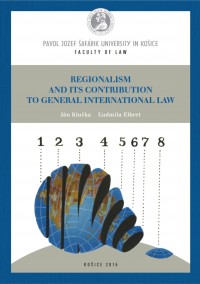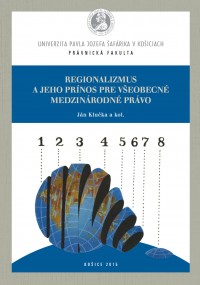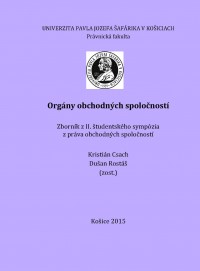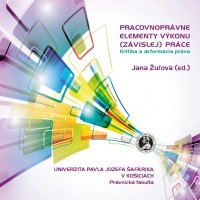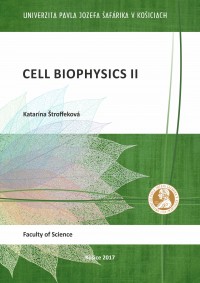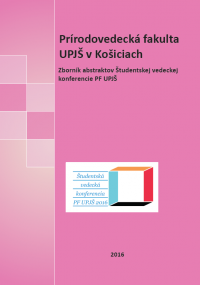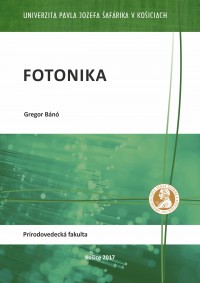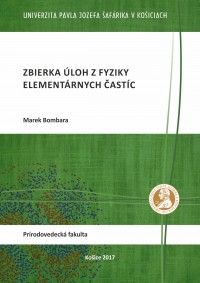Žiadne produkty
Produkt bol úspešne pridaný do vášho košíka
0 ks tovaru Vo vašom košíku je 1 produkt.
Myths and Manipulation in Political Discourse
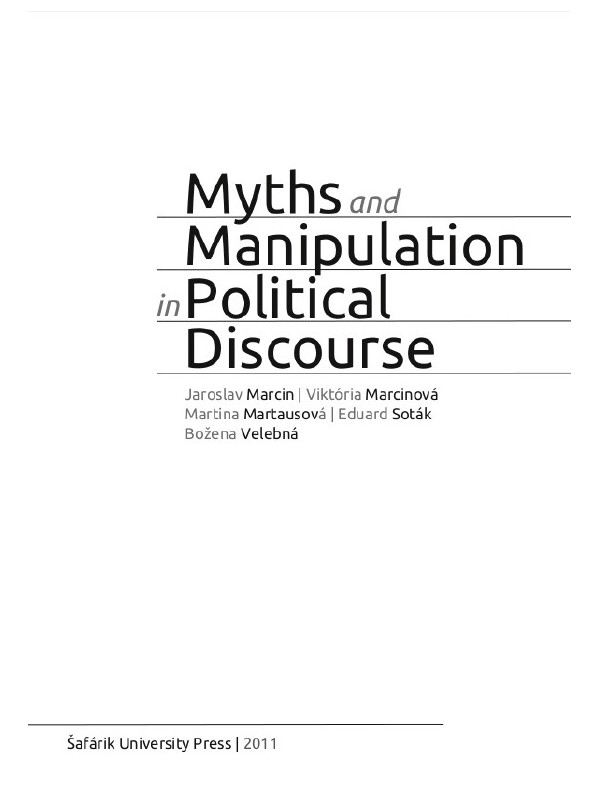
Ďalšie informácie
| Autori: | Jaroslav Marcin • Viktória Marcinová • Martina Martausová • Eduard Soták • Božena Velebná |
| Vedecký redaktor | Stanislav Kolář |
| Rok vydania: | 2011 |
| Dostupné od: | december 2011 |
| Vydanie: | 1. vydanie |
| Typ dokumentu: | monografia |
| Jazyk publikácie: | angličtina |
| Počet strán: | 111 |
| Fakulta/pracovisko UPJŠ: | Filozofická fakulta UPJŠ |
| Katedra: | Katedra anglistiky a amerikanistiky |
| Poznámka: | Táto publikácia vznikla vďaka podpore z projektu VVGS 15/10-11 “Diskurz ako agent sociálnej zmeny” Univerzity Pavla Jozefa Šafárika v Košiciach. |
Popis
This little book started out in a way that probably many other scholarly publications do: When the five of us met as doctoral students and instructors in the Department of British and American Studies, we soon realized that our research overlapped on a number of points. Most prominent among those was our interest in political or politicallymotivated discourse and the study of myths and manipulation that it employed.
In the end, we decided to pool the results of our research together in order to create a more complex picture, providing a variety of perspectives and voices. In our endeavor, we were greatly aided by the financial support we received from a grant offered by the Šafárik University. The outcome of these efforts is the five chapters of this brief, but hopefully informative and insightful monograph.
In Chapter 1, Viktória Marcinová deals with the impact of totalitarian ideology on the translation of so-called “capitalist” drama during the first stage of normalization in Slovakia (1948-1968). In Chapter 2, the focus shifts to political discourse and manipulation in a democracy, as Jaroslav Marcin takes a closer look at the wartime rhetoric of American presidents. USA remains the focus also in Chapter 3, but this time the question, addressed by Martina Martausová, will be one of the myth of the American Dream and its presentation in post-9/11 United States. A similar idea, though in a different geographical-cultural context, is dealt with in Chapter 4, where Božena Velebná identifies myths of Scottish identity as portrayed in historic films. Finally, in Chapter 5, Eduard Soták will take a look at the role of the mass media within the topic of politically-motivated discourse and spread of political ideology.
It is our hope that in this way we can contribute to a better understanding of politically-motivated discourse, manipulation and the use of myths. Through interweaving the results of our research and our analyses, we hope to provide a more complex look at the topic in question, which we feel is missing at the moment.
